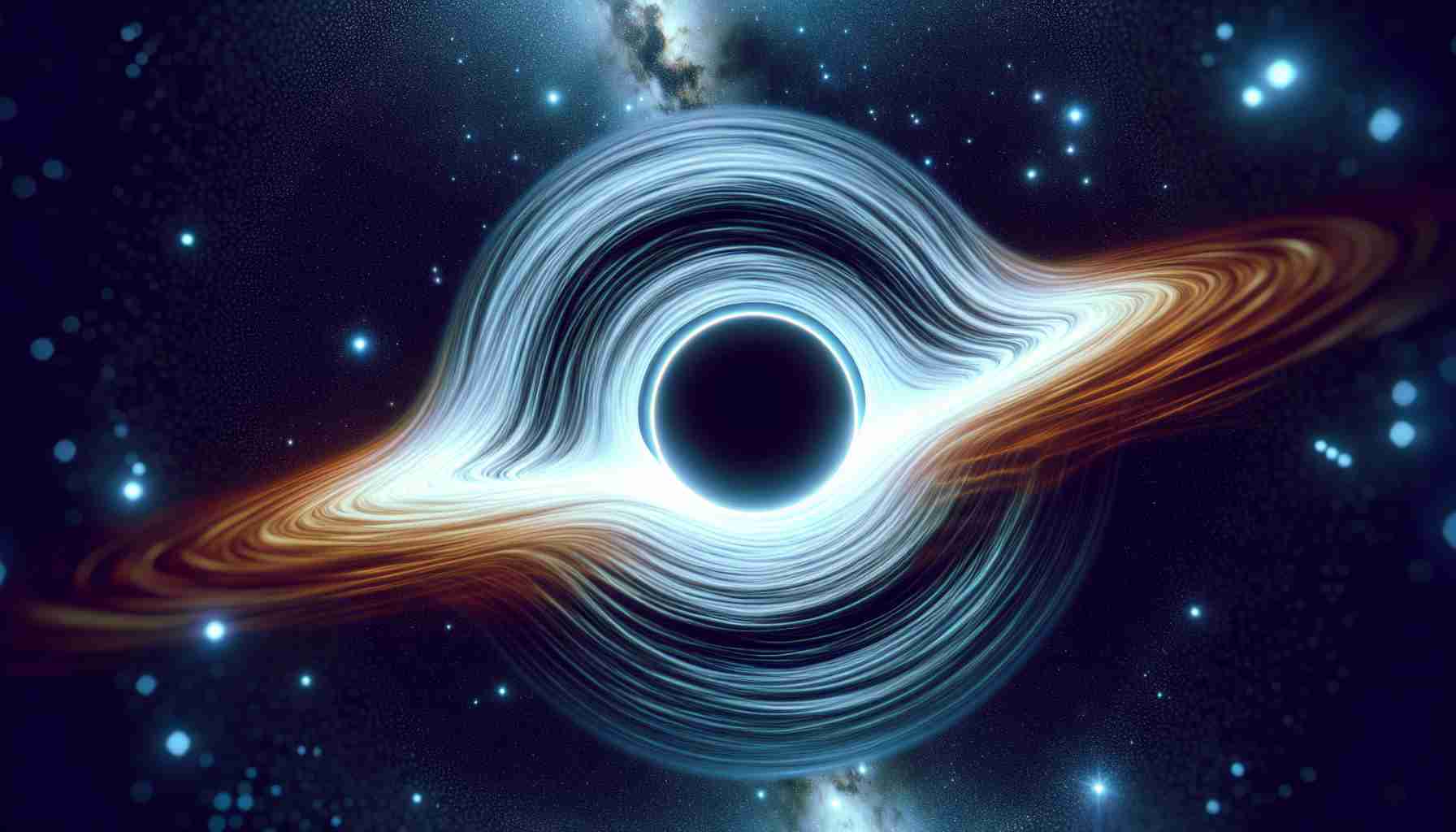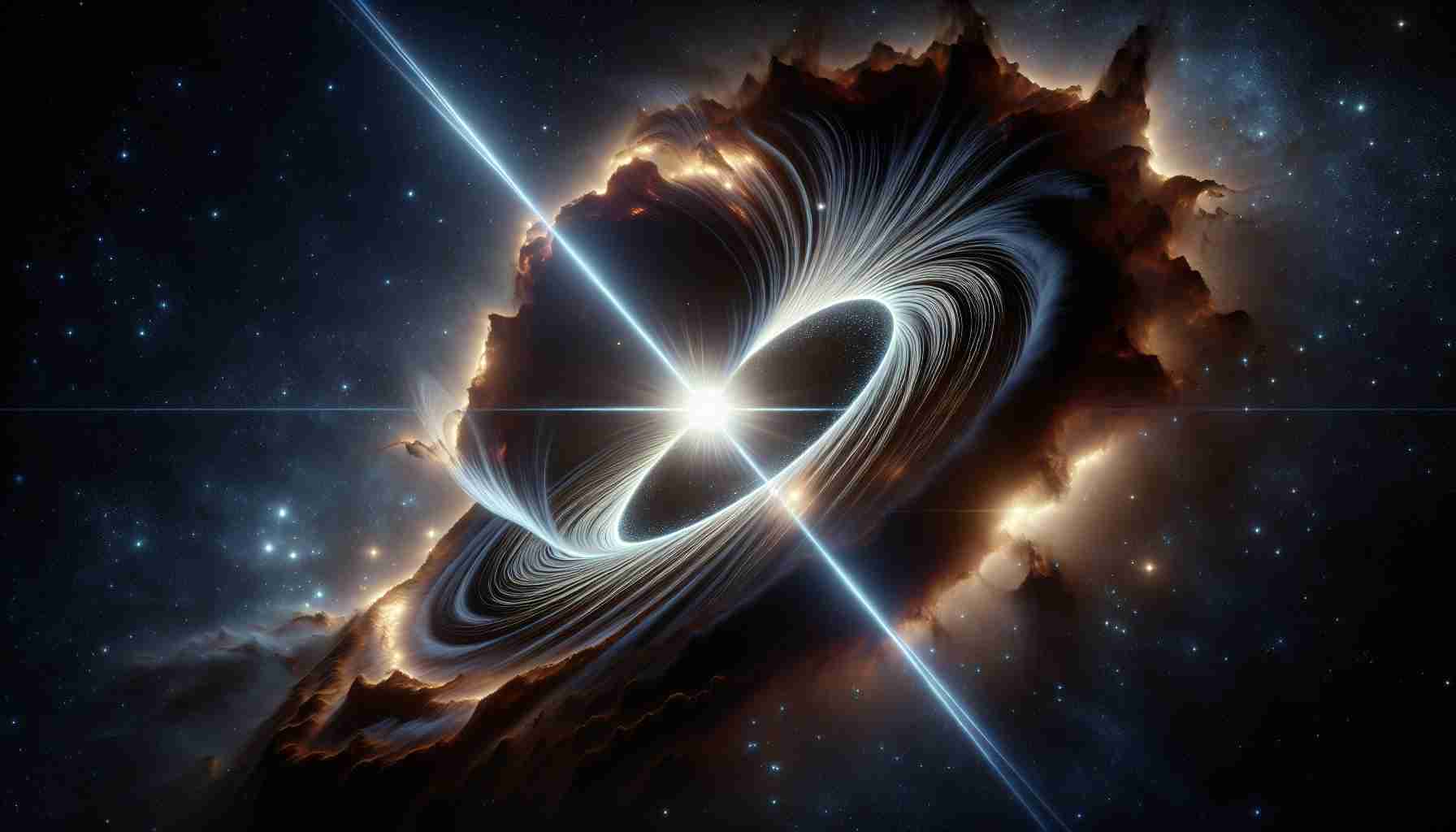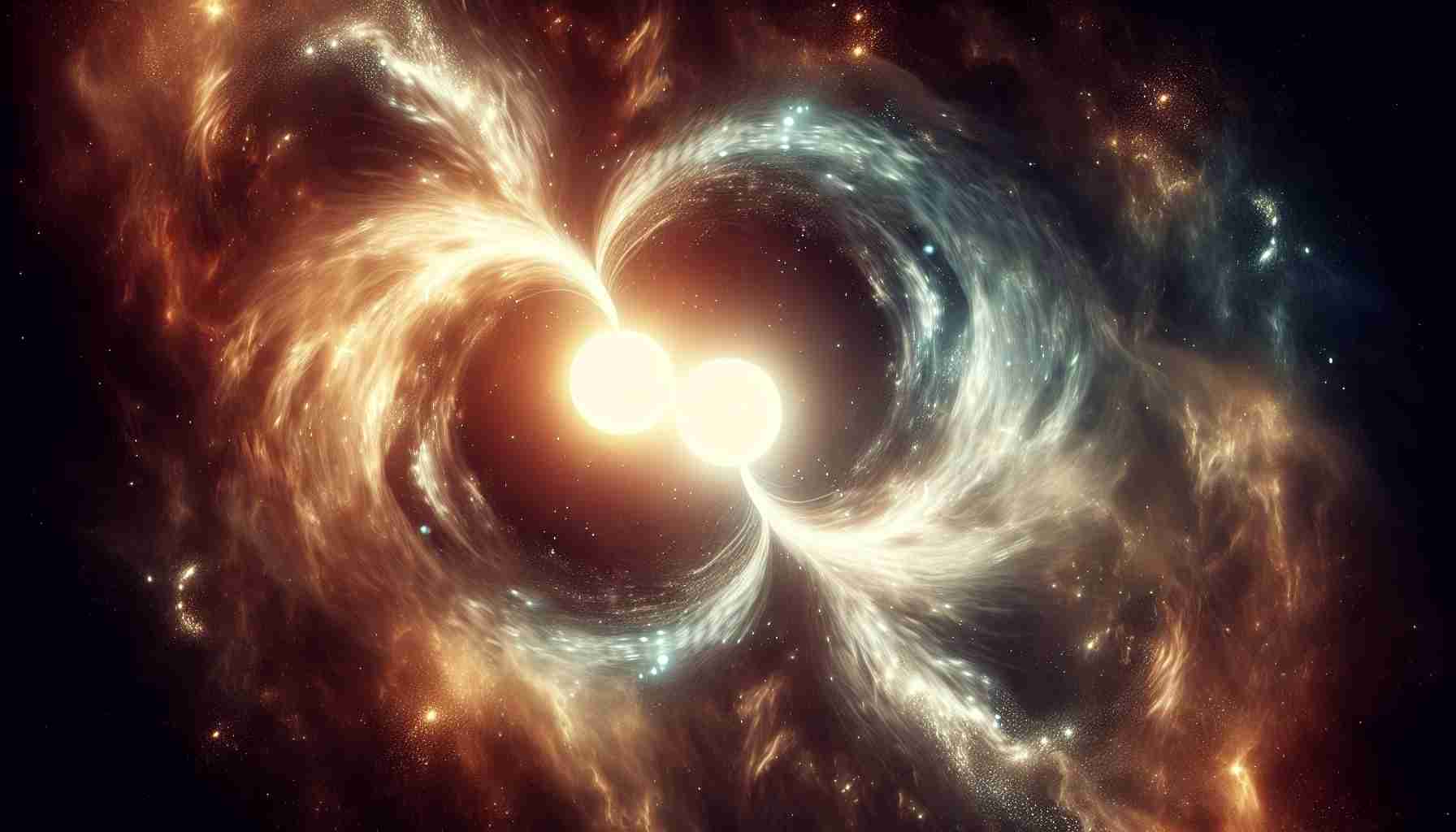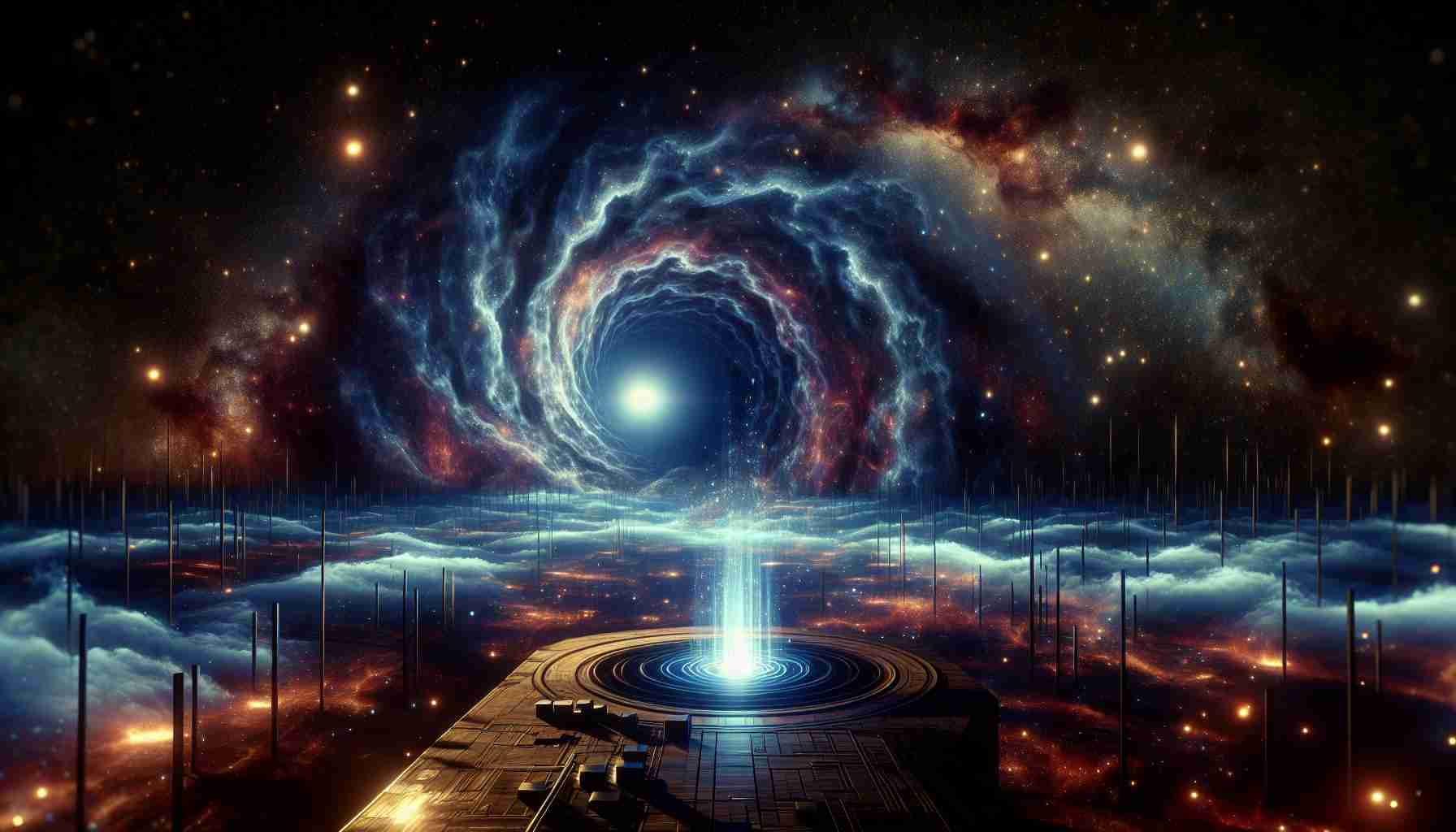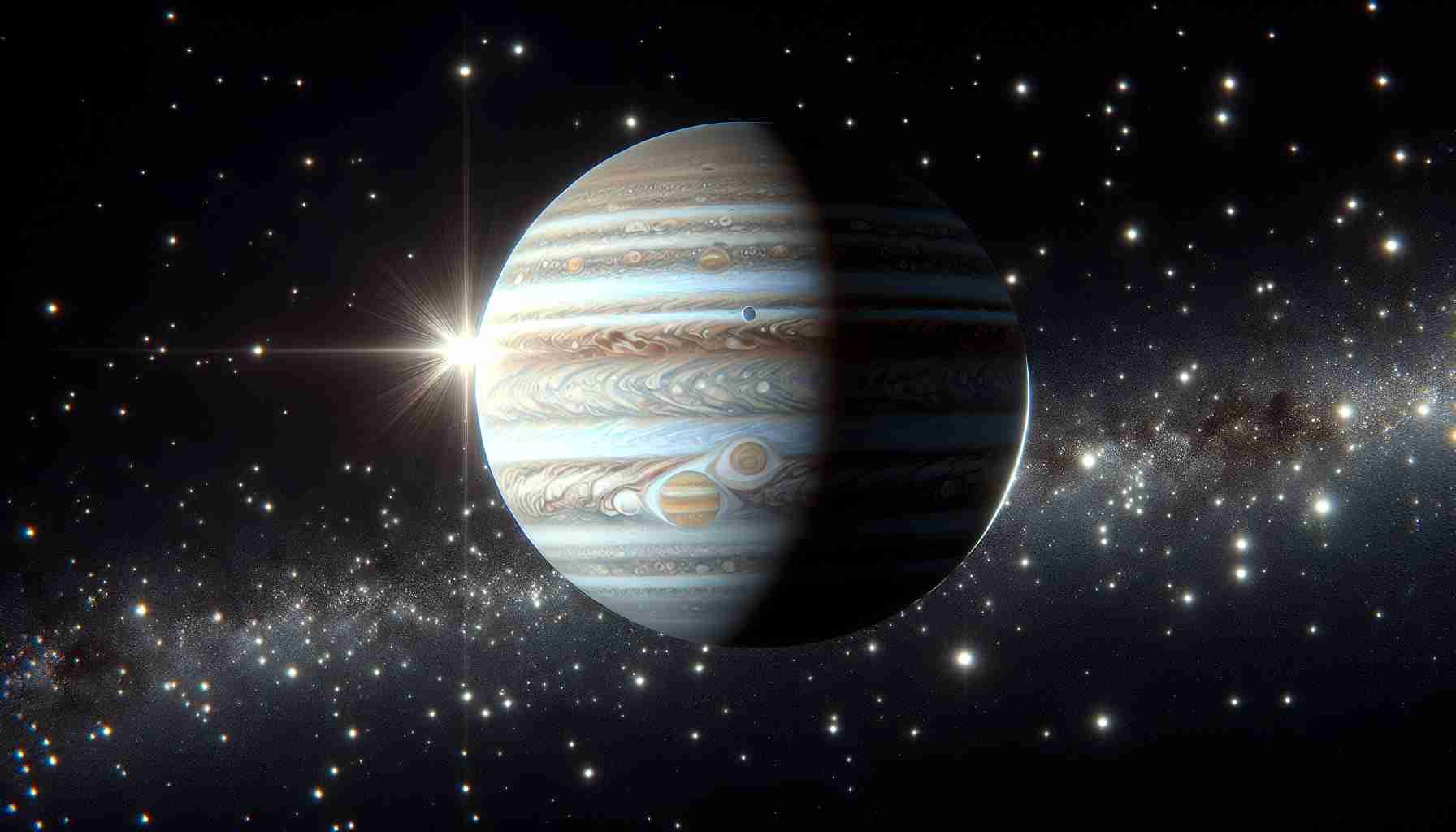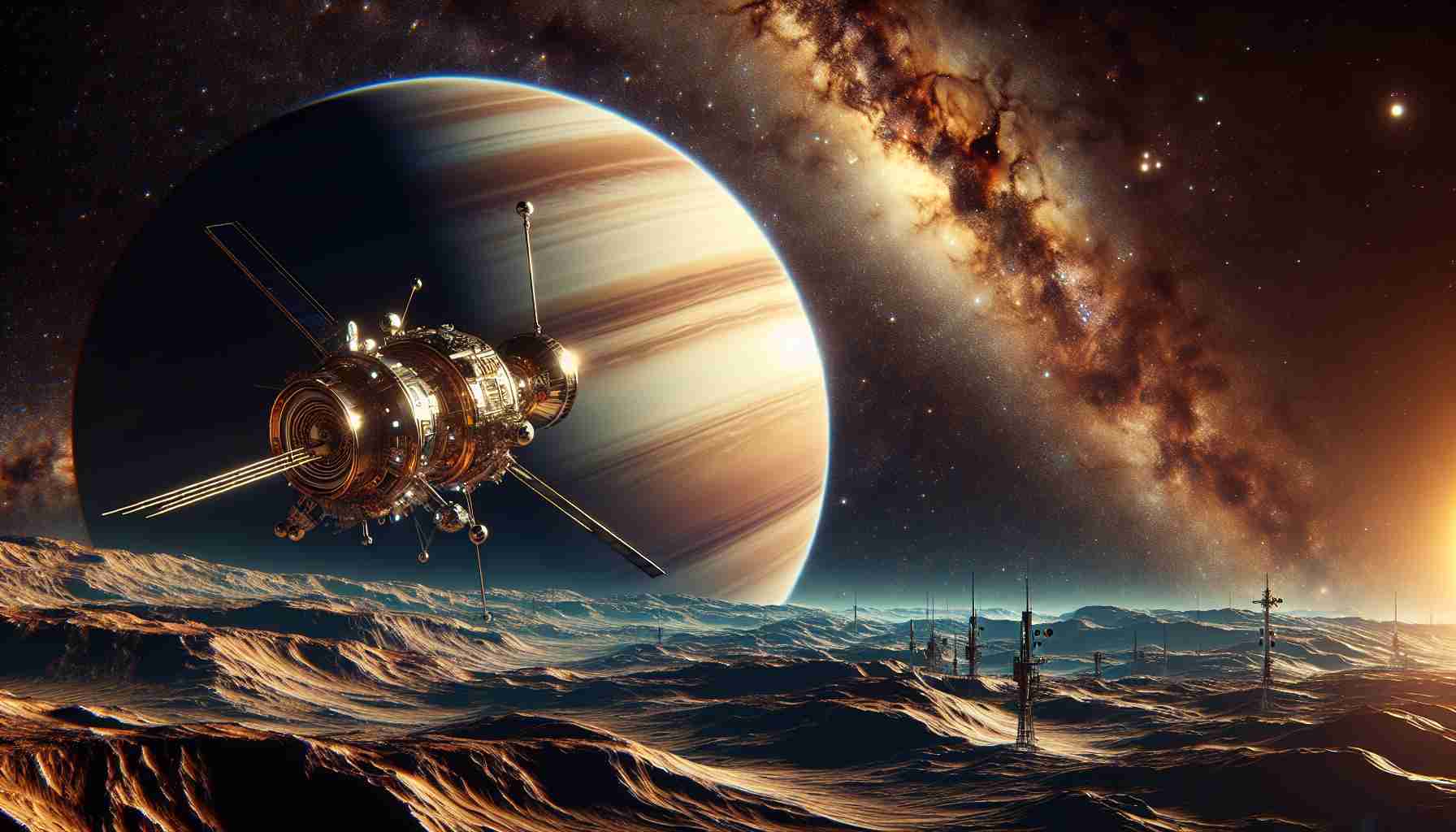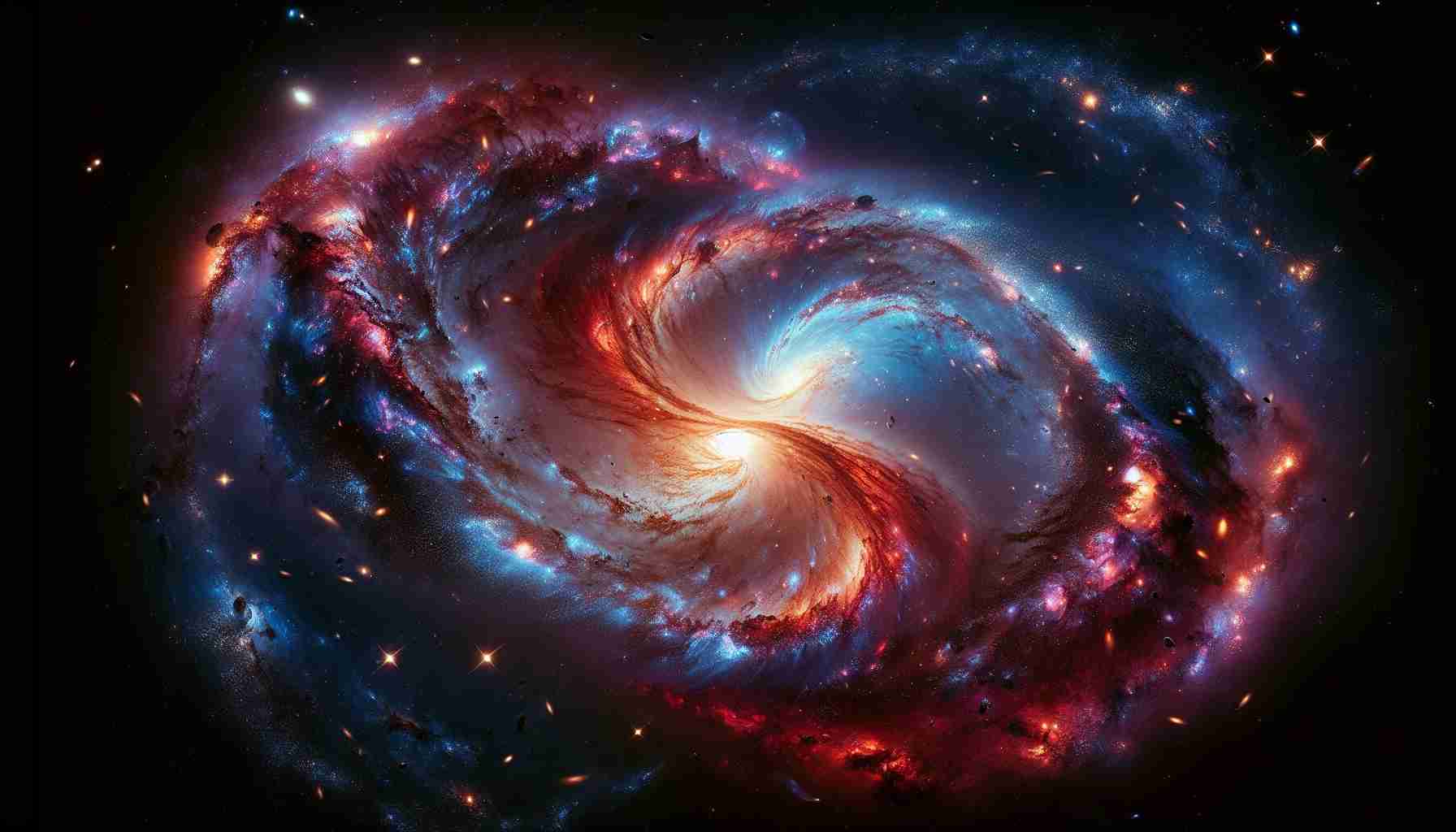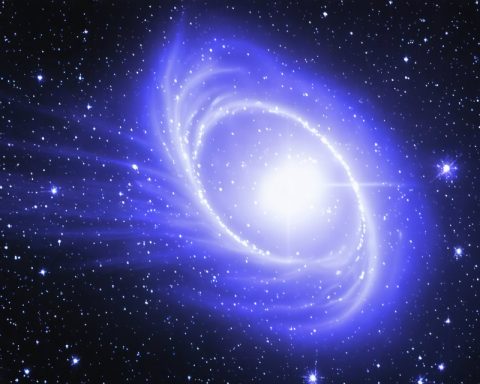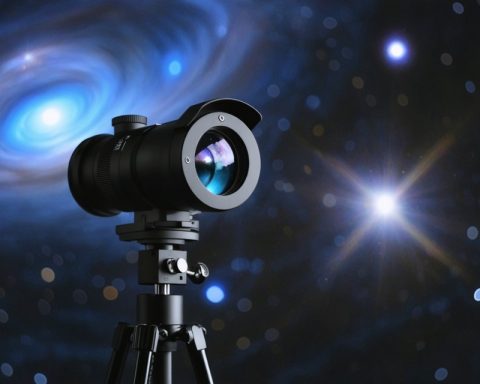Astronomy - Page 63
Astronomy is the scientific study of celestial objects, such as stars, planets, comets, and galaxies, as well as the phenomena that occur outside Earth’s atmosphere. It involves the observation and analysis of these celestial bodies and their movements, structures, and development over time. Astronomy seeks to understand the origins and evolution of the universe, exploring concepts such as the Big Bang theory, cosmic expansion, and the laws of physics as they apply to the cosmos. This field encompasses various sub-disciplines, including observational astronomy, which focuses on collecting data from telescopes and other instruments, and theoretical astronomy, which involves the use of mathematical models and simulations to predict celestial events and understand the underlying principles of the universe. Astronomy has a rich history, evolving from ancient star-gazing practices to a complex scientific discipline that relies on advanced technology and interdisciplinary approaches, intersecting with fields such as physics, chemistry, and geology.


